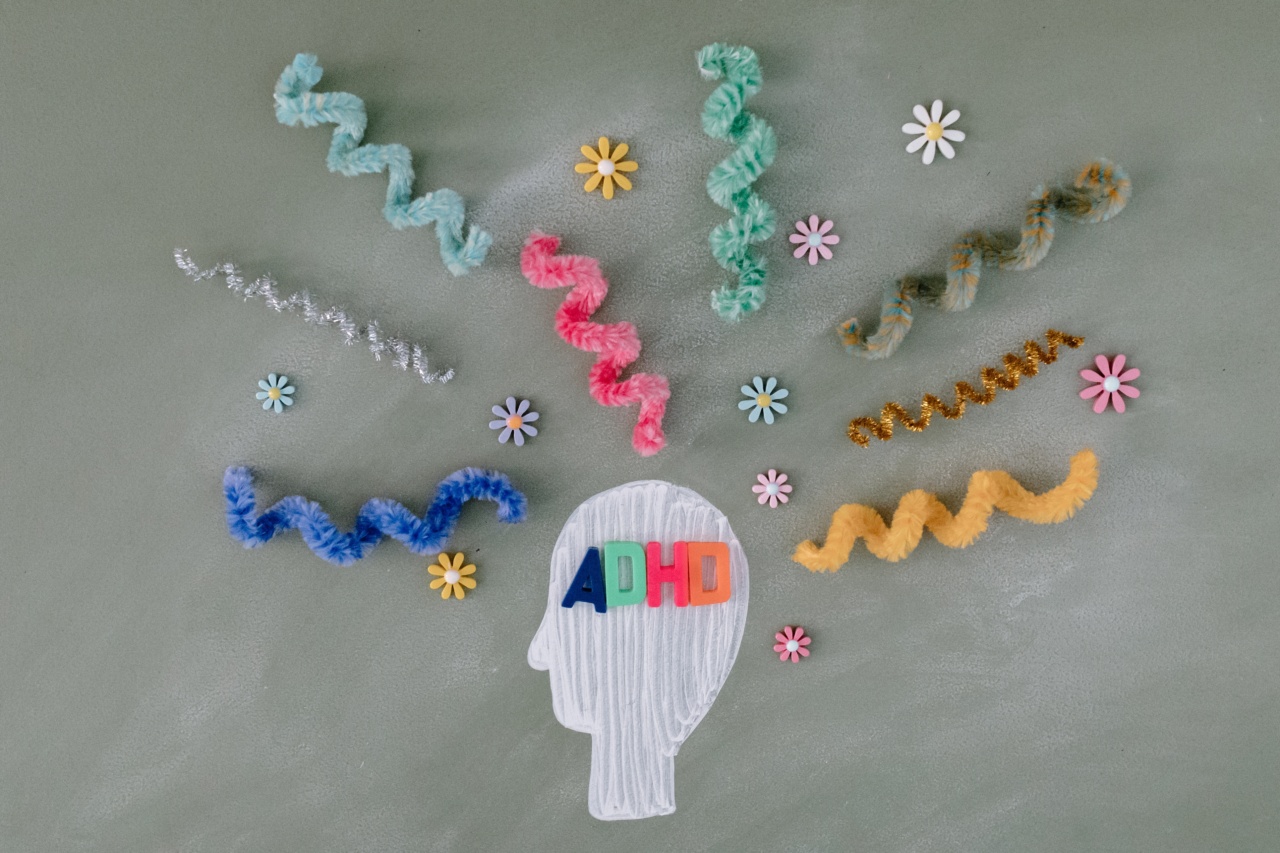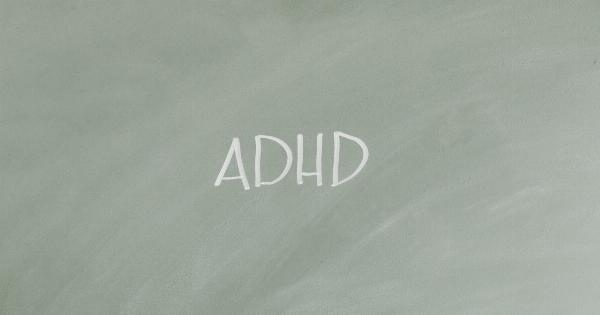Attention Deficit Hyperactivity Disorder (ADHD) is a neurodevelopmental disorder commonly diagnosed in children but can persist into adulthood in some cases. However, there has been an ongoing debate surrounding the existence of ADHD.
Some people argue that there’s no such thing as ADHD, while others say it’s a genuine condition that affects both children and adults. In this article, we will take a closer look at the arguments from both sides of the debate and try to come up with a conclusion.
Proponents of the existence of ADHD
Those who support the concept of ADHD believe that it is a genuine disorder that affects brain functioning. According to them, the symptoms of ADHD include inattention, impulsivity, and hyperactivity, which can lead to several problems in everyday life.
These problems can include difficulty staying focused, poor academic performance, frequent distraction, inability to listen when spoken to directly, and forgetfulness.
Proponents of the existence of ADHD also argue that studies have shown that certain areas of the brain are affected in people with ADHD.
For example, research has shown that there may be differences in the structure and function of the frontal lobes and the prefrontal cortex of the brain. These areas of the brain are responsible for attention, impulse control, and decision making. ADHD advocates say that this is evidence that ADHD is a genuine condition.
Moreover, some other factors support the ADHD’s existence; these factors include genetics, environmental factors, and brain injury. According to some studies, ADHD may be caused by genetic factors, which may explain why it often runs in families.
Exposure to toxins like lead and alcohol during pregnancy may also contribute to the development of ADHD.
Opponents of the existence of ADHD
On the other side of the debate, there are people who believe that ADHD is not a genuine condition. According to them, ADHD is a result of various factors, including cultural expectations, lifestyle, and over-stimulation.
Critics argue that the ADHD diagnosis is merely subjective and lacks scientific credibility. They say that the symptoms of ADHD are all a matter of behavior and that it’s not a disorder or neurological condition.
Opponents of ADHD’s existence say that its symptoms do not have specific diagnostic criteria; therefore, it’s easy for false diagnosis to occur.
They argue that ADHD symptoms and behaviors are just normal variations of human development, and children who exhibit these traits should not be medicated for them.
The role of diagnosis in the dispute
One significant issue contributing to the debate is the diagnosis of ADHD itself. Some doctors are quick to diagnose ADHD without conducting comprehensive behavioral assessments.
This over-diagnosis has led to a growing concern that many children are receiving inaccurate diagnoses and are being put on medication for no reason.
Moreover, there is no objective test that can confirm the presence of ADHD; diagnosis often relies on observation and interpretation of behaviors. Critics argue that the diagnosis of ADHD is based on social and cultural expectations and judgments.
Thus, they view it as an inflated cultural construct rather than a medical issue.
Conclusion
After considering various arguments from both sides of the debate, it appears that ADHD’s existence remains uncertain.
Supporters believe that ADHD is a genuine medical condition that requires medical attention, but critics argue that ADHD is just a set of human behaviors that are normal and don’t warrant treatment.
However, it’s important to note that the dispute surrounding ADHD’s existence is not limited to scientific and medical circles only. It also involves cultural, economic, and educational agendas.
Therefore, it’s crucial that anyone diagnosed with ADHD should carefully consider their options and seek professional advice.






























